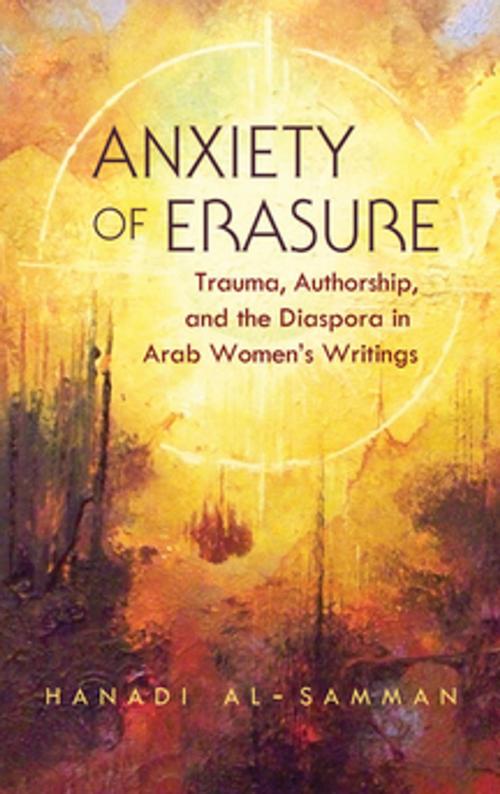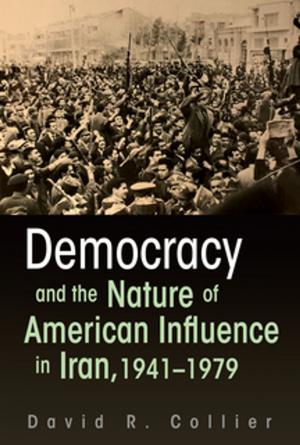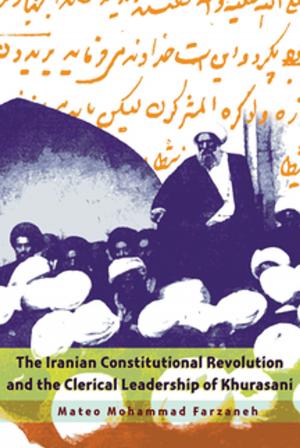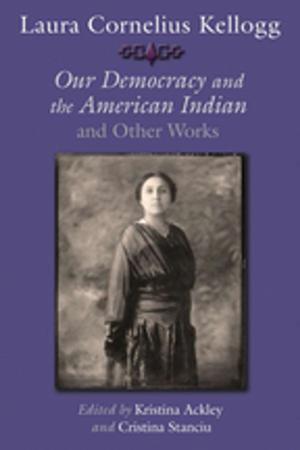Anxiety of Erasure
Trauma, Authorship, and the Diaspora in Arab Women's Writings
Fiction & Literature, Literary Theory & Criticism, Asian, Middle Eastern, Nonfiction, Social & Cultural Studies, Social Science, Gender Studies, Women&| Author: | Hanadi Al-Samman | ISBN: | 9780815653295 |
| Publisher: | Syracuse University Press | Publication: | December 2, 2015 |
| Imprint: | Syracuse University Press | Language: | English |
| Author: | Hanadi Al-Samman |
| ISBN: | 9780815653295 |
| Publisher: | Syracuse University Press |
| Publication: | December 2, 2015 |
| Imprint: | Syracuse University Press |
| Language: | English |
Far from offering another study that bemoans Arab women’s repression and veiling, Anxiety of Erasure looks at Arab women writers living in the diaspora who have translated their experiences into a productive and creative force. In this book, Al-Samman articulates the therapeutic effects of revisiting forgotten histories and of activating two cultural tropes: that of the maw’udah (buried female infant) and that of Shahrazad in the process of revolutionary change. She asks what it means to develop a national, gendered consciousness from diasporic locals while staying committed to the homeland.
Al-Samman presents close readings of the fiction of six prominent authors whose works span over half a century and define the current status of Arab diaspora studies—Ghada al-Samman, Hanan al-Shaykh, Hamida al-Na‘na‘, Hoda Barakat, Samar Yazbek, and Salwa al-Neimi. Exploring the journeys in time and space undertaken by these women, Anxiety of Erasure shines a light on the ways in which writers remain participants in their homelands’ intellectual lives, asserting both the traumatic and the triumphant aspects of diaspora. The result is a nuanced Arab women’s poetic that celebrates rootlessness and rootedness, autonomy and belonging.
Far from offering another study that bemoans Arab women’s repression and veiling, Anxiety of Erasure looks at Arab women writers living in the diaspora who have translated their experiences into a productive and creative force. In this book, Al-Samman articulates the therapeutic effects of revisiting forgotten histories and of activating two cultural tropes: that of the maw’udah (buried female infant) and that of Shahrazad in the process of revolutionary change. She asks what it means to develop a national, gendered consciousness from diasporic locals while staying committed to the homeland.
Al-Samman presents close readings of the fiction of six prominent authors whose works span over half a century and define the current status of Arab diaspora studies—Ghada al-Samman, Hanan al-Shaykh, Hamida al-Na‘na‘, Hoda Barakat, Samar Yazbek, and Salwa al-Neimi. Exploring the journeys in time and space undertaken by these women, Anxiety of Erasure shines a light on the ways in which writers remain participants in their homelands’ intellectual lives, asserting both the traumatic and the triumphant aspects of diaspora. The result is a nuanced Arab women’s poetic that celebrates rootlessness and rootedness, autonomy and belonging.















